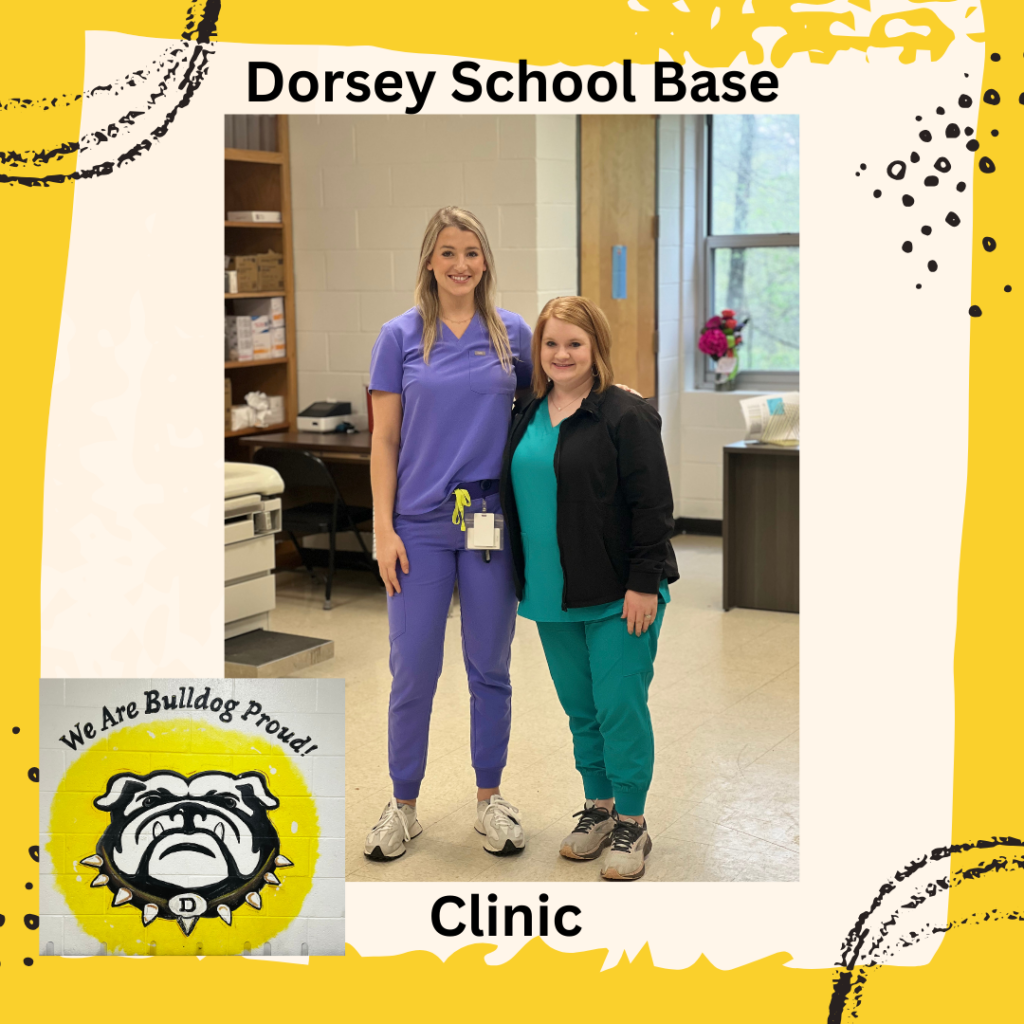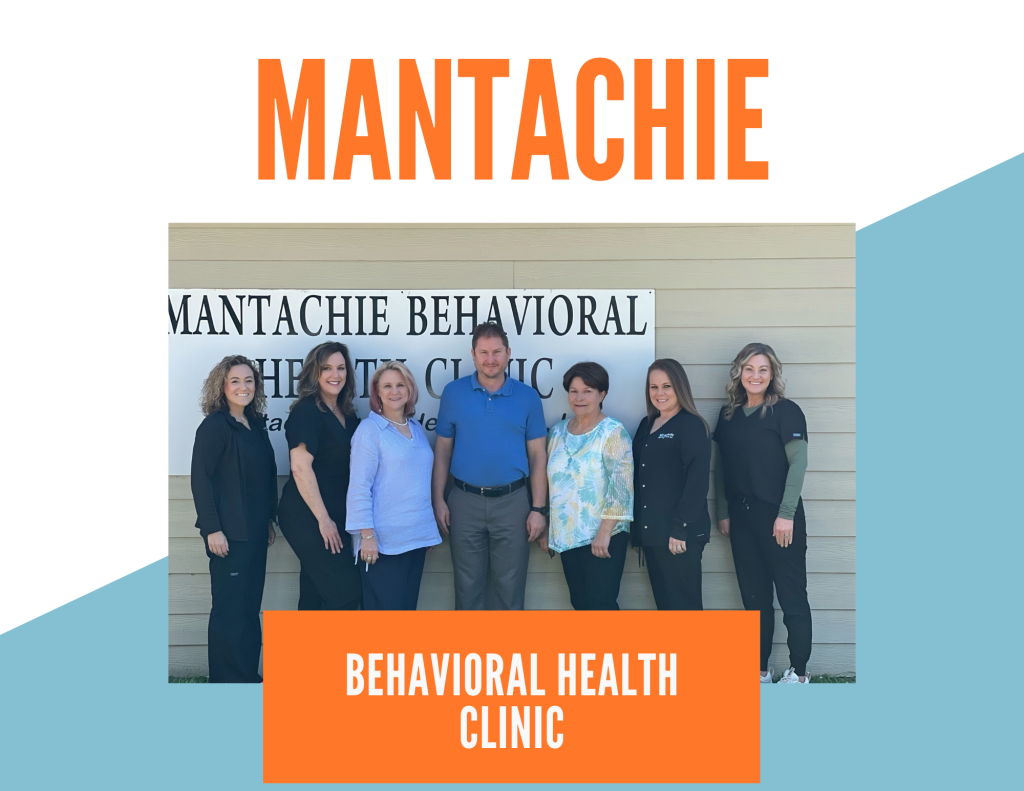
We often think about women’s health in terms of reproductive health and mammograms, but women’s health encompasses so much more. Your health journey begins as a teen and extends through your senior years. Think about the impact we can make on our daughters and granddaughters if we teach them to care for their health before they are responsible for the health of other people like children, parents, and spouses.
Women often prioritize caring for the health of others over themselves. During Women’s Health Month it’s time to focus on your wellbeing. Afterall, if your health fails you won’t be able to care for the ones you love as you wish.
A woman’s body and health concerns change with every stage of life. So, where do you start with maintaining a healthy lifestyle? You begin way back in the teen years, but don’t worry if you’re long past that stage in life. Starting now is always the best time to start.
The Office on Women’s Health provides a handy checklist for various stages of women’s health from ages 18-100. We’re including a shortened version of that list here.
Ages 13-18
Healthy lifestyles start early. By taking your teen for a women’s health visit early, you’re teaching her to care for her body. You’re also providing her with access to a trusted medical provider to whom she can ask all those questions she may be too embarrassed to ask you. At this age, your daughter’s visit will mimic a wellness visit. You can expect the doctor or nurse practitioner to check:
- Blood pressure
- A1C for Type1 Diabetes
- Body Mass Index
They will likely also screen for
- Depression
- Alcohol use
- Tobacco use
These visits are the perfect time to take care of immunizations such as flu and meningococcal. For sexually active teens, providers can discuss birth control and test for STDs.
Ages 19-39
Women of childbearing age add a few screenings and tests to their usual well-women checkups. If you fall into this category, be prepared for these screenings:
- PAP test every 3 years from age 21-30 and every 5 years after age 30
- Chlamydia and gonorrhea for women who are sexually active
- Syphilis if you’re at increased risk
- Clinical breast exam starting at age 21
- HIV screening with follow up as needed
Sounds like a lot, but your doctor or nurse practitioner can cover all these screenings in one short exam. Plus insurance generally covers your yearly women’s health exam which makes checking off your health exam an easy fix.
Ages 40-49
It’s time to schedule your yearly mammogram! Once you hit age 40, you’ll add this screening to your yearly appointment. Luckily, the list of additional screenings isn’t very long after 40. Your doctor will continue to monitor your blood pressure and blood glucose if you’re at risk for high blood pressure or type 2 diabetes.
Ages 50-64
Although it doesn’t sound like a “women’s health” issue, you’ll add a colorectal screening to your list at age 50. Most women only have a colonoscopy every 10 years so it’s not a routine part of your yearly wellness check. You’re also eligible for the Shingles vaccine at age 50. If you do not have a cervix at this age, you will no longer need a PAP test. Your doctor will likely recommend a lung cancer screening if you smoke. And you’ll want to talk to your doctor about a bone mineral density test.
Ages 65+
Depending on your risk factors your doctor may check your blood pressure, blood glucose, and cholesterol every two years, every year, or more regularly. You may also be able to stop PAP tests for cancer now.
Talk to your doctor or nurse practitioner about whether or not you still need these tests after age 75:
- Colorectal screening tests
- Mammogram
All these tests and screenings help you and your doctor stay ahead of any problems that may crop up in your health, but your health depends on your daily activities to stay strong. Regardless of your age it’s important to talk to your doctor or nurse practitioner or licensed therapist about any mental health struggles you have. Depression, anxiety, and addiction don’t strike based on your age. It’s important to learn how to manage stress in healthy ways through every stage of your life.
Other important factors for women’s health include:
- Eating a balanced diet
- Exercising 2-3 times per week
- Maintaining a healthy weight
Mantachie Rural Health Care offers nurse practitioners and licensed therapists to help with all your healthcare needs. Contact our office at (662) 282-4226 for an appointment.






Speak Your Mind